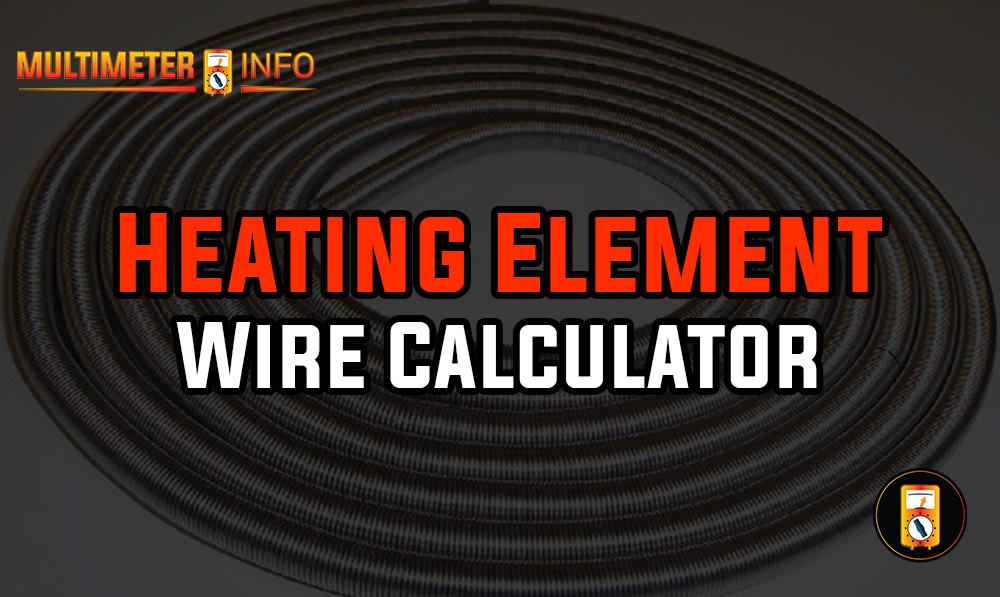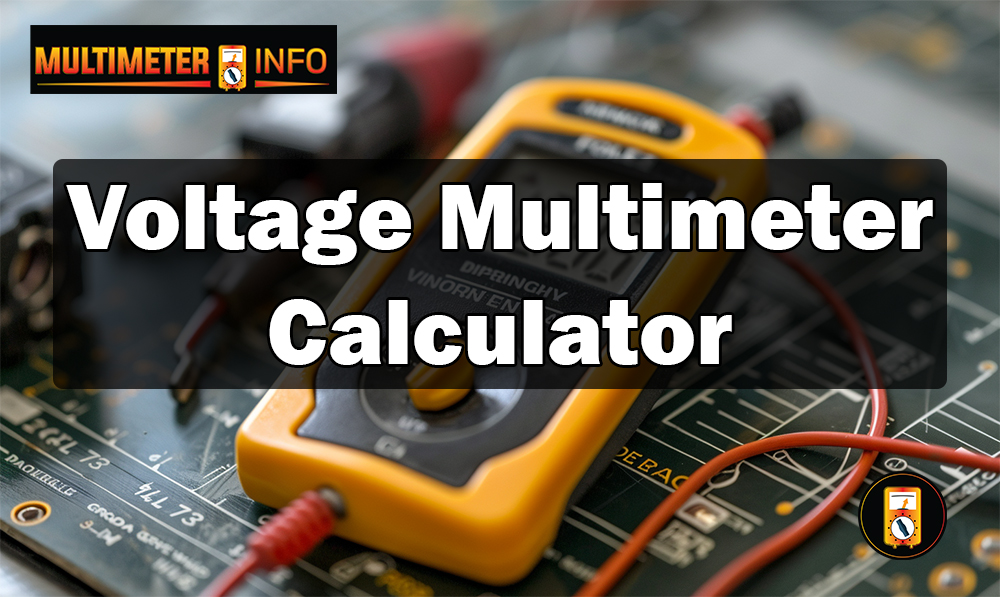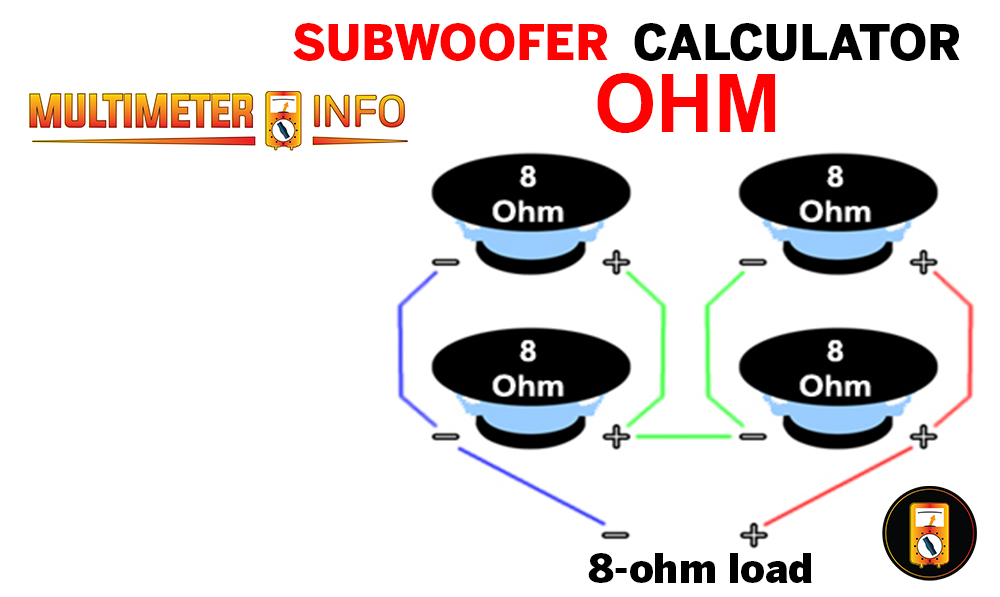
Heating Element Wire Calculator
Resistance: ${resistance.toFixed(2)} Ω
Current: ${current.toFixed(2)} A
Power: ${power.toFixed(2)} W
`; document.getElementById('result').innerHTML = resultHTML; }Heating elements are crucial components in various appliances, ranging from industrial machinery to household devices like ovens and water heaters. Selecting the appropriate wire for these heating elements is essential to ensure efficiency, safety, and longevity. This guide will help you understand the factors involved in choosing the right wire and provide a simple calculator to assist in your selection process.
Factors to Consider When Choosing Heating Element Wire:
- Operating Temperature: Determine the maximum temperature the heating element will reach during operation. Different wire materials have varying temperature tolerances. For example, Nichrome wires are suitable for higher temperatures than Kanthal wires.
- Resistance: Calculate the resistance needed based on the desired power output of your heating element. This involves considering the voltage of your power source and the wattage required for heating. Higher resistance wires will require longer lengths to achieve the desired resistance.
- Durability: Consider the durability and longevity of the wire material under operating conditions. Factors such as oxidation resistance, mechanical strength, and the corrosiveness of the environment play a crucial role in determining the lifespan of the heating element.
- Size and Gauge: The diameter (gauge) of the wire affects its resistance and current-carrying capacity. Thicker wires have lower resistance but require more space and may be less flexible. Choose a gauge that balances resistance requirements with practical installation considerations.
Heating Element Wire Calculator:
Use the following formula to calculate the resistance of the wire needed for your heating element:
R=V2PR = \frac{V^2}{P}R=PV2
Where:
- RRR = Resistance (in ohms)
- VVV = Voltage (in volts)
- PPP = Power (in watts)
Once you have determined the required resistance, select a wire material and gauge that matches or exceeds this requirement. Here are some common wire materials used in heating elements:
- Nichrome: Excellent high-temperature performance and oxidation resistance.
- Kanthal: High-temperature capabilities with good mechanical strength.
- Stainless Steel: Provides good corrosion resistance and durability.
- Copper: Copper has high thermal conductivity but a lower maximum operating temperature compared to other materials.
Example Calculation:
Let’s say you have a heating element that operates at 240 volts and requires 1000 watts of power. The required resistance RRR would be:
R=24021000=57.6 ohmsR = \frac{240^2}{1000} = 57.6 \text{ ohms}R=10002402=57.6 ohms
Based on this resistance value, you would choose a suitable wire material and gauge that meets the operational requirements of your heating element.
Conclusion:
Choosing the right wire for your heating element involves careful consideration of operating conditions, required resistance, and material properties. Use the provided calculator and guidelines to ensure optimal performance, safety, and longevity of your heating element. Proper selection and installation of the wire will contribute significantly to the efficiency and reliability of your heating application.




